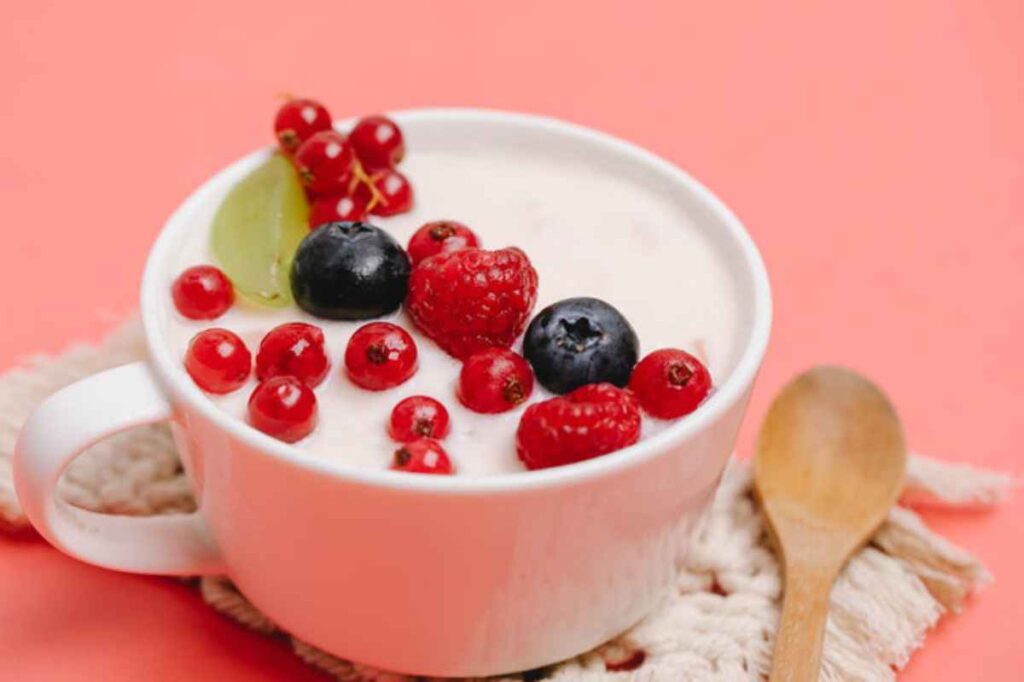best weight loss surgery, plastic surgery, cosmetic surgery, gastric sleeve, gastric bypass, gastric mini bypass, hair transplant, dental treatments, implants , in turkey. Affordable, safe, satisfactory results.
best gastric sleeve surgeon, best plastic surgeon, most safe weight lost hospital in turkey.
Renovated Me
BLOG POSTS

The Best Sources of Vitamin B12
Why you need vitamin B12?Vitamin B12 is a water-soluble vitamin that aids in many essential bodily functions. It is absorbed in the stomach and then makes its way to your blood and cells. Any extra vitamin B12 is stored in your liver, for your body to save for the future.Vitamin B12 is an important vitamin for:Forming healthy red blood cells. Functioning of your central nervous system. Normal brain function. Producing DNA.

What are the symptoms of vitamin B12 deficiency?
If you don’t produce enough of a protein called intrinsic factor that helps your body absorb B12 or if you don’t eat enough B12 foods, you may develop a deficiency.
You may also have a higher risk of developing a vitamin B12 deficiency if:
- You are 65+.
- You are a strict vegan.
- You are pregnant.
- You’ve had bowel-removal surgery.
- You take medication for diabetes.
- You take medication for heartburn.
If you’re experiencing any of the following symptoms, you may have a B12 deficiency. Consult with your doctor if:
- You’re more pale than usual or have jaundiced skin.
- You feel constantly fatigued/weak.
- You have ‘pins and needles’ sensations in your hands and feet.
- You feel out of breath or dizzy.
- Your vision becomes blurry.
- You experience mood swings or personality changes.

What foods are high in vitamin B12?
Vitamin B12 is found in:
Milk: Dairy and (some) non-dairy brands are fortified with B12. If you’re allergic to dairy and drink natural milk like almond, soy, oat or cashew, just be sure to check the nutrition label for B12.
Fortified cereals: If you identify as a vegan or vegetarian, some cereals are a great source of B12.
Eggs: Egg yolks contain more B12 than egg whites. It’s important to eat the whole egg if you are trying to increase your B12 intake.
Yogurt: Fun fact: Eating full-fat plain yogurt has been shown to improve vitamin B12 deficiency because the vitamin is more easily-absorbed in dairy products. If you’re looking for fewer calories, fat-free Greek yogurt is a healthier option that also provides a solid amount of B12.
Salmon: Many people who try to eat healthier include salmon in their diets. It has a ton of omega-3 fatty acids and protein, as well as B vitamins. Just half of a cooked salmon fillet (6 ounces) contains more than 200% of the daily value for B12.
Tuna: Whether you’re a fan of canned or cooked tuna, both provide many essential nutrients, including B12. If canned is your preference, opt for light tuna in water.
Beef: Eating 3 ounces of red meat one to two times per week is recommended.
Liver and kidneys: Organ meats are incredibly rich in B12, but also contain a large amount of cholesterol. For this reason, people who include organ meat in their diet to do so in moderation.
Clams: Also, a lean source of protein, iron and antioxidants, a 3.5-ounce serving of baby clams provides over 4,000% of vitamin B12’s daily value.
Source: health.clevelandclinic.org
Need more information about surgeries?
For more information about our you can contact us and get more details.
